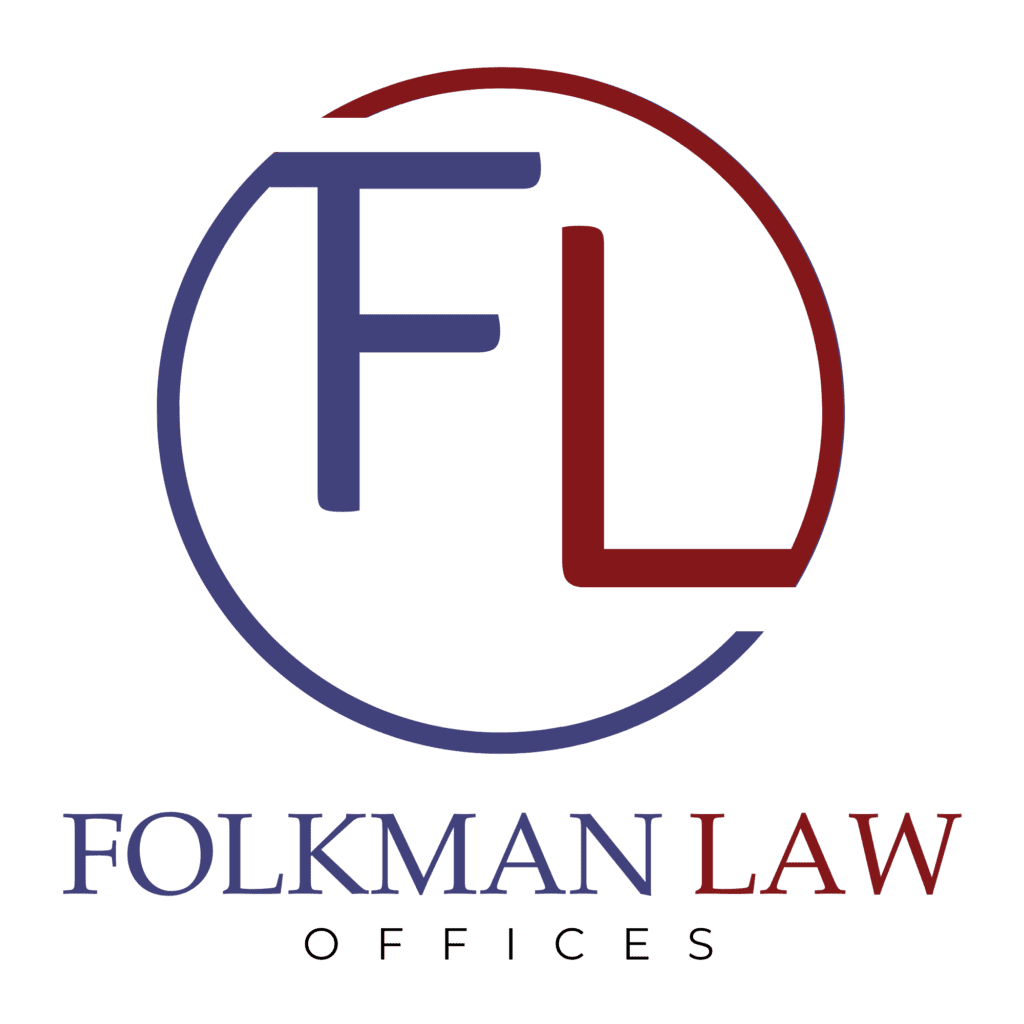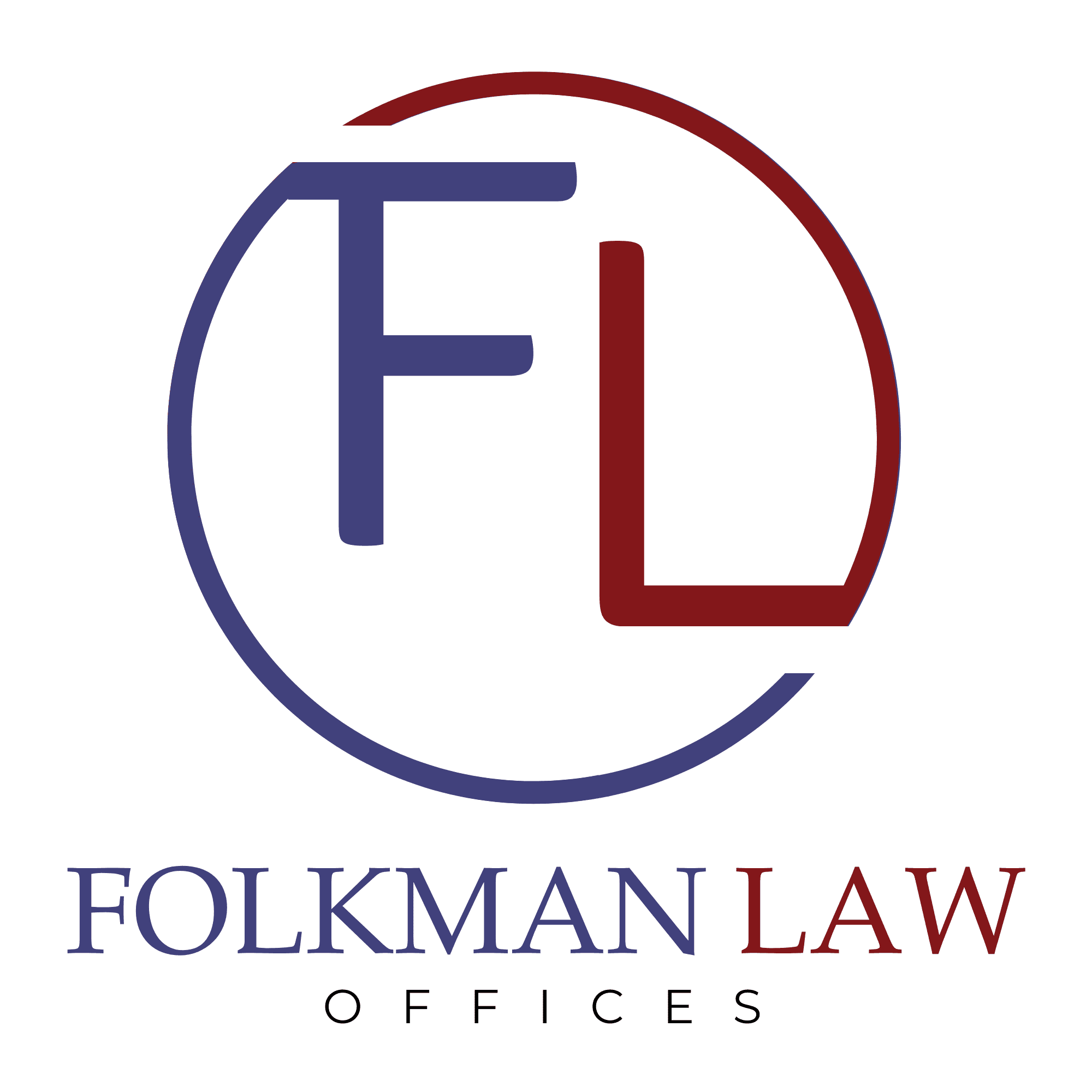 A recent study found that 15 percent of migraine sufferers are wrongly prescribed opioids instead of the medications generally recommended to treat their condition. Migraines can be debilitating. Along with intense and often throbbing pain, migraine sufferers can experience sensitivity to sound and light, dizziness, nausea, and vomiting that lasts hours or even days at a time. While treatment guidelines recommend migraine-specific medications for patients, many receive ineffective, highly-addictive opioids instead.
A recent study found that 15 percent of migraine sufferers are wrongly prescribed opioids instead of the medications generally recommended to treat their condition. Migraines can be debilitating. Along with intense and often throbbing pain, migraine sufferers can experience sensitivity to sound and light, dizziness, nausea, and vomiting that lasts hours or even days at a time. While treatment guidelines recommend migraine-specific medications for patients, many receive ineffective, highly-addictive opioids instead.
A team of researchers at the University of Michigan Medical School studied the doctor visits of nearly 2,900 adults with migraines over a seven-year period. Fifteen percent of participants received drugs like oxycodone and hydrocodone, which are not recommended to treat the pain and symptoms of migraine headaches.
Why Opioids are not Recommended for Migraines
General painkillers such as ibuprofen, acetaminophen, naproxen, and medications called triptans are the treatment plan for most migraine patients. Maxalt and Imitrex are common triptans prescribed for migraines. Preventative medications including blood pressure and anti-seizure drugs are also effective in reducing the occurrence of migraines.
Opioids have not proven effective for treating migraines; and in some cases, they may worsen the condition. With regular use, opioids can contribute to recurrent migraines for many people. Opioids are also highly-addictive. The improper prescription of opioids like oxycodone and hydrocodone has contributed to the current epidemic of addiction in America. Opioids should only be prescribed as a last resort for migraine sufferers unable to get relief with migraine medications.
Patients Must be Their Own Advocates
Patients are often wrongly-prescribed opioids for migraines because many doctors simply do not have enough training in headache management. People with migraines should seek treatment from a headache specialist whenever possible. Patients need to ask questions about their prescriptions and do their own research. Those with doubts about the quality of their care should get a second opinion. Just because a doctor prescribes a medication, it does not mean it is the only or best treatment option available.
Wrong Prescriptions and Medical Malpractice
Medical malpractice cases always refer to a medical “standard of care.” That standard is the level of care that another doctor with comparable experience and training would provide in a similar situation.
When a doctor prescribes the wrong medication, the wrong dosage, or a medication that dangerously interacts with another, he or she may have failed to meet the accepted standard of care. To prove medical malpractice, a patient needs to demonstrate they have been harmed by a doctor’s negligence. Patients who were prescribed dangerous, addictive opioids for unrelated conditions should seek the counsel of a South Jersey medical malpractice lawyer.
Adverse drug events (ADE) happen when patients are harmed after taking a medication. ADEs account for more than 700,000 emergency room visits every year – and more than half of those are preventable. Many ADE are caused by a doctor’s negligence in prescribing the wrong medication for a patient’s condition.
South Jersey Medical Malpractice Lawyers at Folkman Law Offices, P.C. Represent Patients Prescribed the Wrong Medications
If you have been harmed after taking a prescription drug, contact Folkman Law Offices, P.C. today to arrange a free consultation with a highly skilled South Jersey medical malpractice lawyer by calling 856-354-9444 or submit an online inquiry. Our offices are located in Cherry Hill, Philadelphia, and King of Prussia, where we proudly serve clients throughout New Jersey and Pennsylvania.


